Detailed introduction to Batis
本篇文章主要介绍了MyBatis+MySQL 返回插入的主键ID的方法,具有一定的参考价值,感兴趣的小伙伴们可以参考一下。需求:使用MyBatis往MySQL数据库中插入一条记录后,需要返回该条记录的自增主键值。方法:在mapper中指定keyProperty属性,示例如下:
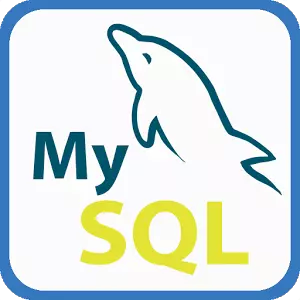
简介:本篇文章主要介绍了MyBatis+MySQL 返回插入的主键ID的方法,具有一定的参考价值,感兴趣的小伙伴们可以参考一下。需求:使用MyBatis往MySQL数据库中插入一条记录后,需要返回该条记录的自增主键值。方法:在mapper中指定keyProperty属性,示例如下:<insert id="insertAndGetId" useGenerate...
2. MyBatis出现数据库字段和实体bean中属性不一致时处理方法
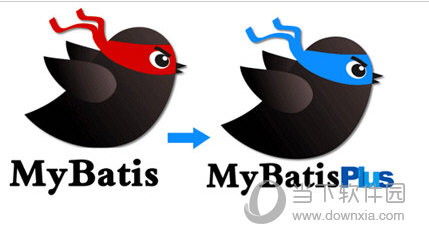
简介:这篇文章主要介绍了MyBatis入门之增删改查+数据库字段和实体字段不一致问题处理方法,需要的朋友可以参考下

简介:这篇文章主要介绍了mybatis教程之查询缓存(一级缓存二级缓存和整合ehcache),具有一定的参考价值,感兴趣的小伙伴们可以参考一下
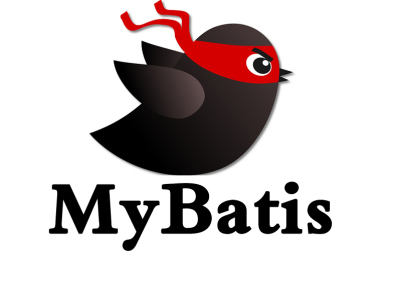
简介:本篇文章主要介绍了mybatis教程之延迟加载详解。详细介绍了延迟加载的意义和用法实现,有兴趣的可以了解一下

简介:这篇文章主要介绍了Spring mvc整合mybatis(crud+分页插件)操作mysql的步骤详解,需要的朋友可以参考下

简介:这篇文章主要介绍了SpringBoot Mybatis Plus公共字段自动填充功能的相关资料,需要的朋友可以参考下
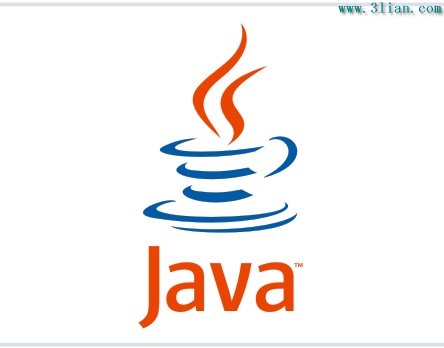
简介:这篇文章主要介绍了springmvc与mybatis实例详解的相关资料,非常不错,具有参考借鉴价值,需要的朋友可以参考下
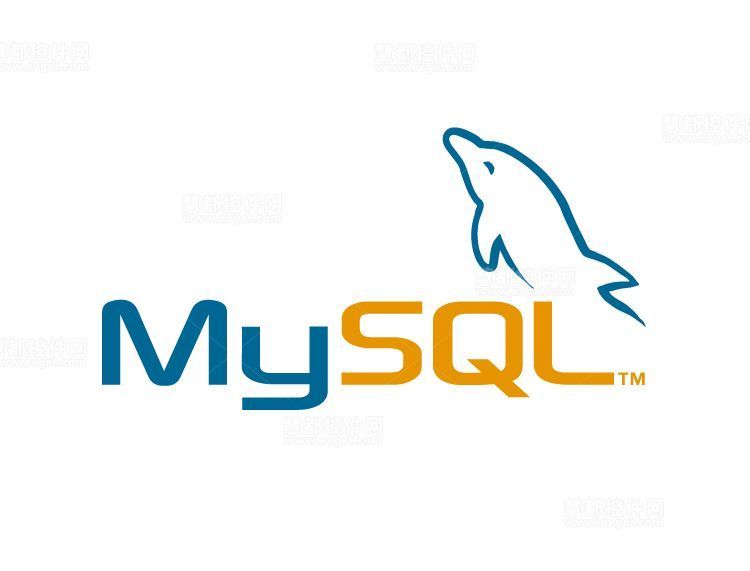
Introduction: This article mainly introduces the method of MyBatis+MySQL to return the inserted primary key ID. It has certain reference value. Interested friends can refer to it.
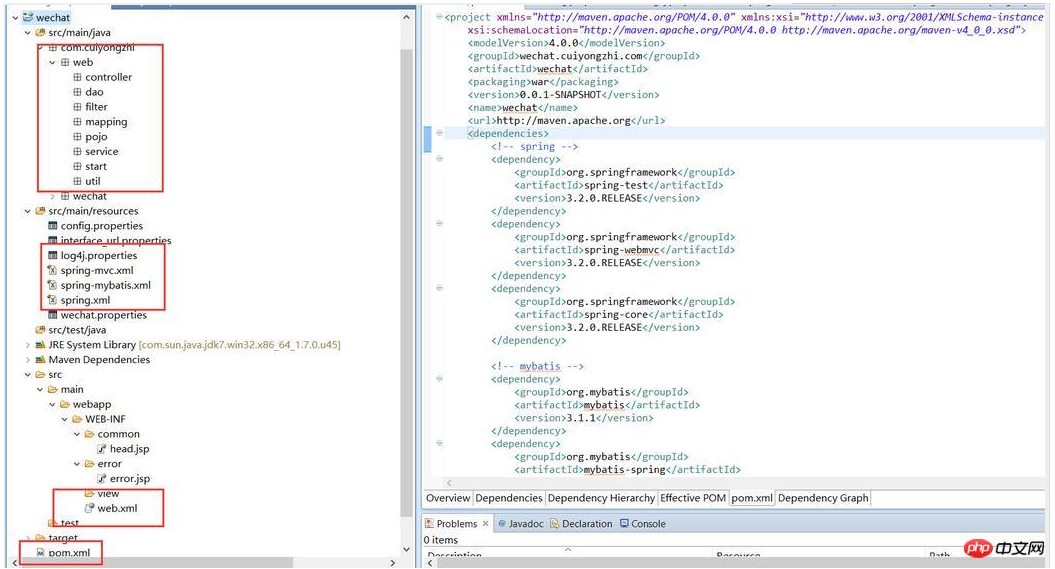
Introduction: This article mainly introduces in detail the second step of WeChat development preparation, the construction of springmvc and mybatis project structure, which has certain reference value. Interested friends can refer to it.
10. Detailed explanation of Spring, Spring MVC, MyBatis integration file configuration
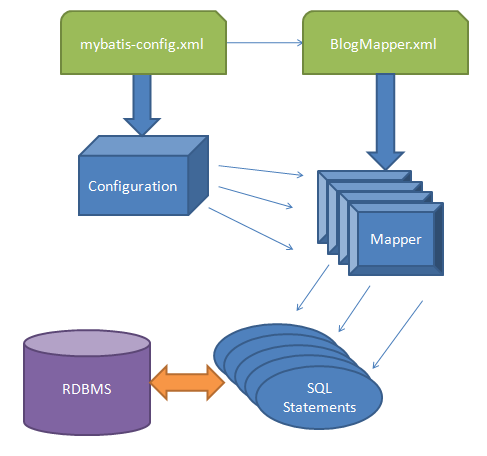
Introduction:
[Related Q&A recommendations]:
java - How does the Maven project read the resources configuration file?
java - mybatis this method unit test, always error
java - Can mybatis be saved and updated in cascade?
java - Spring's use of @Autowired fails but getBean() can be executed successfully
The above is the detailed content of Detailed introduction to Batis. For more information, please follow other related articles on the PHP Chinese website!

Hot AI Tools

Undresser.AI Undress
AI-powered app for creating realistic nude photos

AI Clothes Remover
Online AI tool for removing clothes from photos.

Undress AI Tool
Undress images for free

Clothoff.io
AI clothes remover

Video Face Swap
Swap faces in any video effortlessly with our completely free AI face swap tool!

Hot Article

Hot Tools

Notepad++7.3.1
Easy-to-use and free code editor

SublimeText3 Chinese version
Chinese version, very easy to use

Zend Studio 13.0.1
Powerful PHP integrated development environment

Dreamweaver CS6
Visual web development tools

SublimeText3 Mac version
God-level code editing software (SublimeText3)

Hot Topics
 1664
1664
 14
14
 1423
1423
 52
52
 1317
1317
 25
25
 1268
1268
 29
29
 1242
1242
 24
24
 When might a full table scan be faster than using an index in MySQL?
Apr 09, 2025 am 12:05 AM
When might a full table scan be faster than using an index in MySQL?
Apr 09, 2025 am 12:05 AM
Full table scanning may be faster in MySQL than using indexes. Specific cases include: 1) the data volume is small; 2) when the query returns a large amount of data; 3) when the index column is not highly selective; 4) when the complex query. By analyzing query plans, optimizing indexes, avoiding over-index and regularly maintaining tables, you can make the best choices in practical applications.
 MySQL: Simple Concepts for Easy Learning
Apr 10, 2025 am 09:29 AM
MySQL: Simple Concepts for Easy Learning
Apr 10, 2025 am 09:29 AM
MySQL is an open source relational database management system. 1) Create database and tables: Use the CREATEDATABASE and CREATETABLE commands. 2) Basic operations: INSERT, UPDATE, DELETE and SELECT. 3) Advanced operations: JOIN, subquery and transaction processing. 4) Debugging skills: Check syntax, data type and permissions. 5) Optimization suggestions: Use indexes, avoid SELECT* and use transactions.
 MySQL: The Ease of Data Management for Beginners
Apr 09, 2025 am 12:07 AM
MySQL: The Ease of Data Management for Beginners
Apr 09, 2025 am 12:07 AM
MySQL is suitable for beginners because it is simple to install, powerful and easy to manage data. 1. Simple installation and configuration, suitable for a variety of operating systems. 2. Support basic operations such as creating databases and tables, inserting, querying, updating and deleting data. 3. Provide advanced functions such as JOIN operations and subqueries. 4. Performance can be improved through indexing, query optimization and table partitioning. 5. Support backup, recovery and security measures to ensure data security and consistency.
 MySQL's Role: Databases in Web Applications
Apr 17, 2025 am 12:23 AM
MySQL's Role: Databases in Web Applications
Apr 17, 2025 am 12:23 AM
The main role of MySQL in web applications is to store and manage data. 1.MySQL efficiently processes user information, product catalogs, transaction records and other data. 2. Through SQL query, developers can extract information from the database to generate dynamic content. 3.MySQL works based on the client-server model to ensure acceptable query speed.
 Explain the role of InnoDB redo logs and undo logs.
Apr 15, 2025 am 12:16 AM
Explain the role of InnoDB redo logs and undo logs.
Apr 15, 2025 am 12:16 AM
InnoDB uses redologs and undologs to ensure data consistency and reliability. 1.redologs record data page modification to ensure crash recovery and transaction persistence. 2.undologs records the original data value and supports transaction rollback and MVCC.
 MySQL: An Introduction to the World's Most Popular Database
Apr 12, 2025 am 12:18 AM
MySQL: An Introduction to the World's Most Popular Database
Apr 12, 2025 am 12:18 AM
MySQL is an open source relational database management system, mainly used to store and retrieve data quickly and reliably. Its working principle includes client requests, query resolution, execution of queries and return results. Examples of usage include creating tables, inserting and querying data, and advanced features such as JOIN operations. Common errors involve SQL syntax, data types, and permissions, and optimization suggestions include the use of indexes, optimized queries, and partitioning of tables.
 MySQL's Place: Databases and Programming
Apr 13, 2025 am 12:18 AM
MySQL's Place: Databases and Programming
Apr 13, 2025 am 12:18 AM
MySQL's position in databases and programming is very important. It is an open source relational database management system that is widely used in various application scenarios. 1) MySQL provides efficient data storage, organization and retrieval functions, supporting Web, mobile and enterprise-level systems. 2) It uses a client-server architecture, supports multiple storage engines and index optimization. 3) Basic usages include creating tables and inserting data, and advanced usages involve multi-table JOINs and complex queries. 4) Frequently asked questions such as SQL syntax errors and performance issues can be debugged through the EXPLAIN command and slow query log. 5) Performance optimization methods include rational use of indexes, optimized query and use of caches. Best practices include using transactions and PreparedStatemen
 Why Use MySQL? Benefits and Advantages
Apr 12, 2025 am 12:17 AM
Why Use MySQL? Benefits and Advantages
Apr 12, 2025 am 12:17 AM
MySQL is chosen for its performance, reliability, ease of use, and community support. 1.MySQL provides efficient data storage and retrieval functions, supporting multiple data types and advanced query operations. 2. Adopt client-server architecture and multiple storage engines to support transaction and query optimization. 3. Easy to use, supports a variety of operating systems and programming languages. 4. Have strong community support and provide rich resources and solutions.




